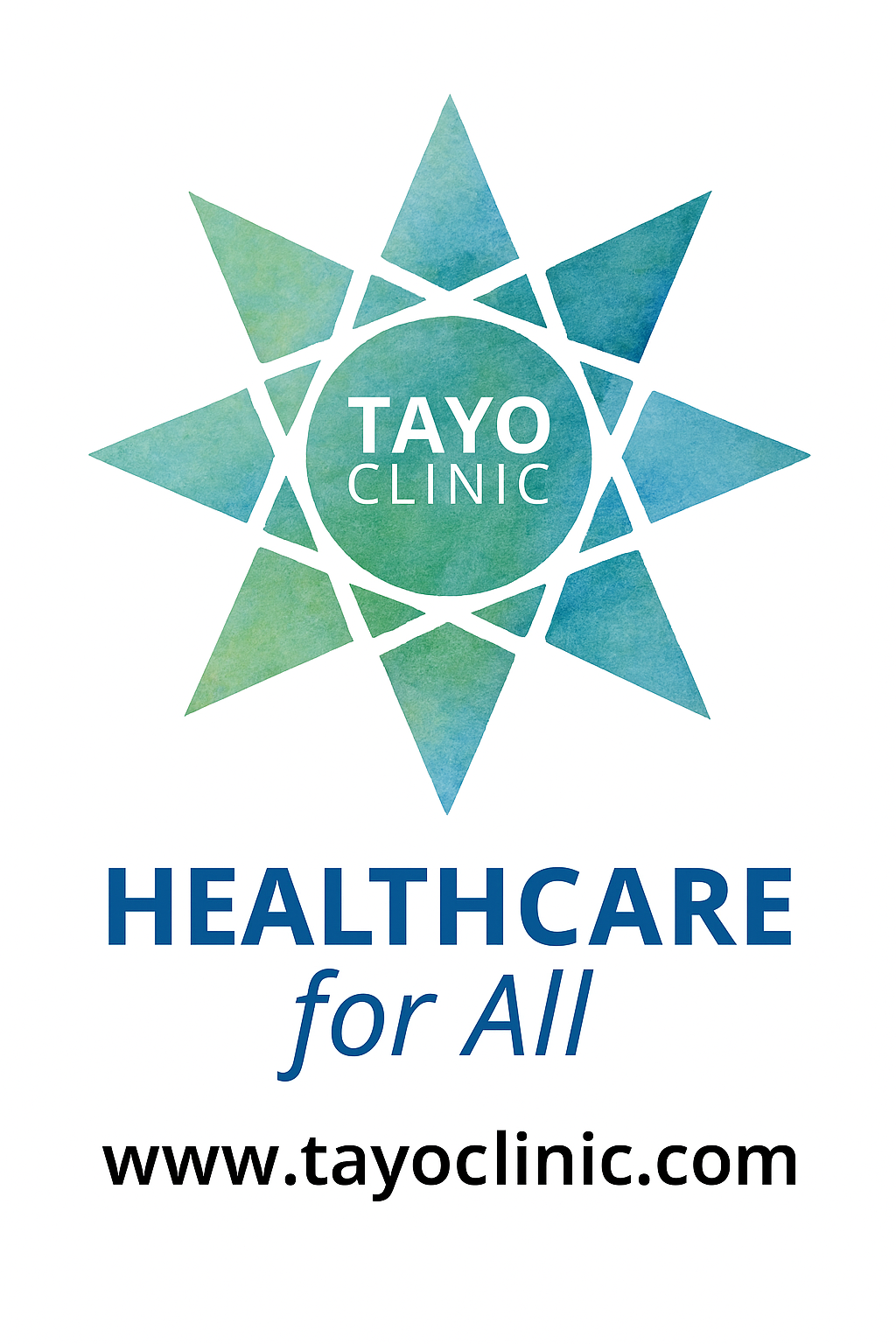Document Retention & Destruction Policy
Board-Approved on 3/17/2025
1. Purpose & Scope
This Document Retention & Destruction Policy (“Policy”) ensures that The Tayo Clinic, Inc. (“the Clinic”) maintains and discards records in a manner consistent with:
- Legal requirements (including HIPAA for patient/telehealth data)
- Best nonprofit governance practices
- IRS 501(c)(3) standards
This Policy applies to all records (physical and electronic) created, received, or maintained by the Clinic, including but not limited to:
- Organizational documents (Articles, Bylaws, board minutes)
- Financial records (tax filings, donations, invoices, grants)
- Human resources (personnel files, volunteer records)
- Patient/telehealth data (EMRs)
- Legal documents (contracts, insurance)
- Electronic communications (email, cloud data)
2. Oversight & Acknowledgment
Executive Director’s Role: Oversees compliance with this Policy, ensuring all staff and volunteers understand and follow the guidelines.
Staff Acknowledgment: Employees and key volunteers must sign an acknowledgment confirming they understand and will comply.
Board Approval & Review: This Policy must be approved by the Board and reviewed at least every 2 years or as needed.
3. Retention Schedules
General Rule: If multiple laws apply, the longer retention period governs.
A. Permanent Records
- Articles of Incorporation & Amendments
- Bylaws & Amendments
- Board Minutes & Resolutions
- IRS Determination Letter
- Annual Audited Financial Statements
- Major Legal Documents (patents, trademarks)
B. Financial & Tax Records
- Tax Returns (Form 990): 7 years
- Auditor Reports: Permanent or 7 years if draft
- Bank Statements, Invoices, Receipts: 7 years
- Grant Records: 7 years post-grant
- Check Registers: 7 years
C. Human Resources
- Personnel Files: 7 years after employment ends
- Volunteer Records: 3 years after service
- Payroll, Time Sheets: 7 years
- I-9 Forms: 3 years after hire or 1 year after termination
D. Legal & Contracts
- Contracts & Leases: 7 years after expiration
- Insurance Policies: 7 years post-expiration
- Legal Correspondence: 7+ years or as advised
E. Patient / Telehealth Records (HIPAA)
- EMRs: Minimum 7 years from last patient encounter
- HIPAA Privacy Notices: 6–7 years
F. Electronic Communications
- Emails follow same retention as relevant category
- Non-essential emails may be deleted sooner
4. Storage & Security
- Physical: Stored in locked, restricted-access areas
- Electronic: Password-protected, backed up, and encrypted when appropriate
- HIPAA: EMRs secured in HIPAA-compliant systems
5. Destruction Procedure
- Records past their retention period should be securely destroyed unless on legal hold
- Physical: Cross-cut shredder or incineration
- Electronic: Use NIST-compliant deletion (e.g., data wiping, shredding devices)
- Approval: Destruction of large/sensitive volumes requires ED approval
6. Legal Holds & Exceptions
- All relevant records must be preserved if litigation or investigations are pending
- External requirements (e.g., funders) override this Policy when stricter
7. Other Policies & References
- Conflict of Interest Policy: Follow board minutes retention rules
- HIPAA: All PHI must be handled in line with HIPAA retention and security standards
8. Compliance & Enforcement
- The Executive Director ensures compliance
- Violations may result in disciplinary action
- Training may be provided to relevant staff
9. Policy Approval & Review
This Policy was approved by the Board of Directors on 3/17/2025. The Board will review it at least every 2 years, or more frequently as needed to reflect changes in law or operations.

